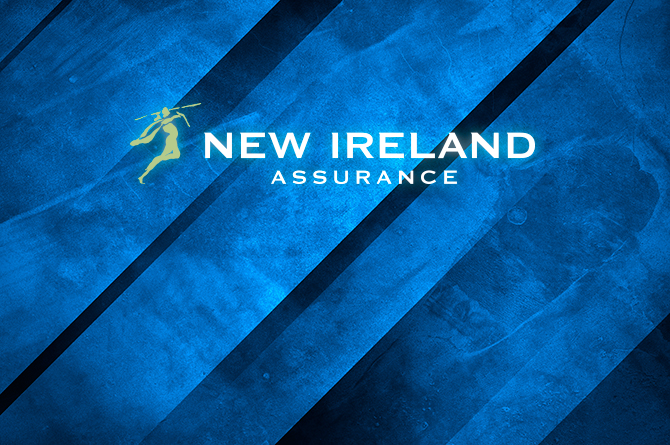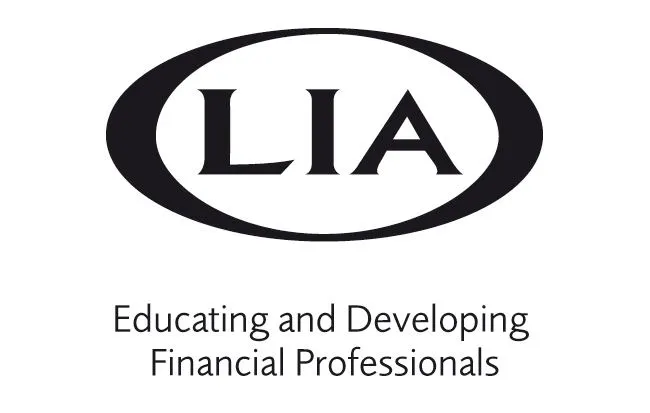The legislation providing for Jobseekers’ Benefit payments linked to work history will be brought before the Dáil by Social Protection Minister Heather Humphreys this week.
Jobseeker’s Pay-Related Benefit will bring Ireland in line with other EU countries, a statement from the Department of Social Protection said, “and will ensure that people with a strong work history receive enhanced benefits if they lose their employment”.
It will apply to “new, fully unemployed people who have a strong and recent attachment to the labour market, and who are available for and genuinely seeking employment”.
To cover the cost of the new scheme, workers, employers and the self-employed face PRSI increases to be brought in later this year.
Ms Humphreys previously said the move would end a “cliff edge” to income for workers entering unemployment who drop from a higher salary to the flat rate of Jobseekers’ Benefit.
Under the current system, workers who lose their job receive a flat rate of €220 per week in Jobseekers’ Benefit regardless of previous pay or how long they have worked. Ireland is one of four EU countries with a flat rate of Jobseekers’ Benefit.
There will be three rates of payment under the new scheme for anyone who has at least five years of paid PRSI contributions and workers who enter unemployment will receive the new benefit for up to nine months.
The scheme starts at a top rate of 60pc of a person’s previous earnings, up to a maximum of €450 per week for the first three months.
The second rate for the following three months will be paid at 55pc of previous earnings up to a maximum of €375 per week.
The third rate, paid for the final three months, will be set at 50pc of previous earnings up to a maximum of €300 per week.
Those with between two and five years of PRSI contributions will receive Pay-Related Benefit at a rate of 50pc of previous earnings, up to a maximum of €300 per week for six months.
“I know that when a person loses their job, their financial commitments don’t change. This can cause difficulties and add to the stress of unemployment,” Ms Humphreys will say today.
“Having a pay-related system will help to cushion this shock during the time when people are looking for new employment.
“Pay Related Benefit will ensure people who have worked for long periods will be supported with a higher level of payment in the event they lose their job.
“It is a system used in many other European countries and means that people who have worked for long periods are protected against a major income shock if they become unemployed.”
Incremental increases to PRSI to cover the cost of the scheme will come in from October, starting at a 0.1pc increase, equalling around 90c per week for a worker on an average wage.
There will be a further 0.1pc increase in October 2025, followed by increases of 0.15pc in October 2026 and October 2027. An increase of 0.2pc will also be introduced in October 2028.
Source: Darragh Nolan, Irish Independent, 27th of May 2024.
How we help
As a Financial Planning / Advisor Firm in Louth we can help you with your all of your Financial and Lifestyle Planning Queries. Arrange a meeting by clicking this link to my Calendly Diary, emailing info@smartfinance.ie or calling 087 8144 104.
Smart Finance Life Planning Ltd., Bawntaaffe, Monasterboice, Drogheda, Co. Louth. A92 E2V3.







